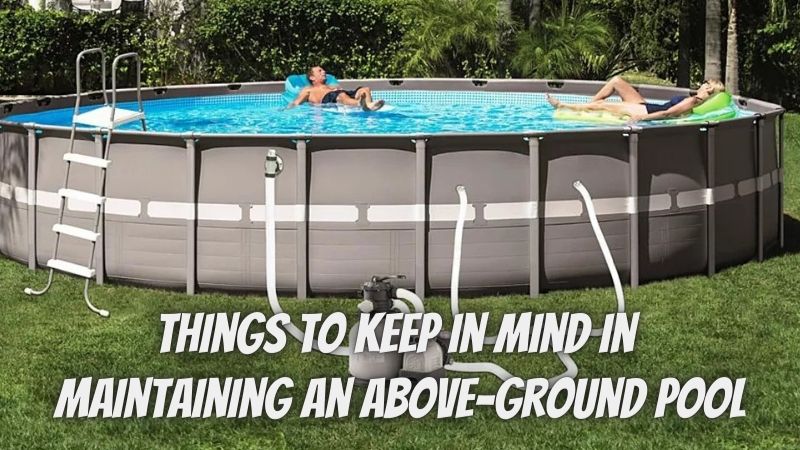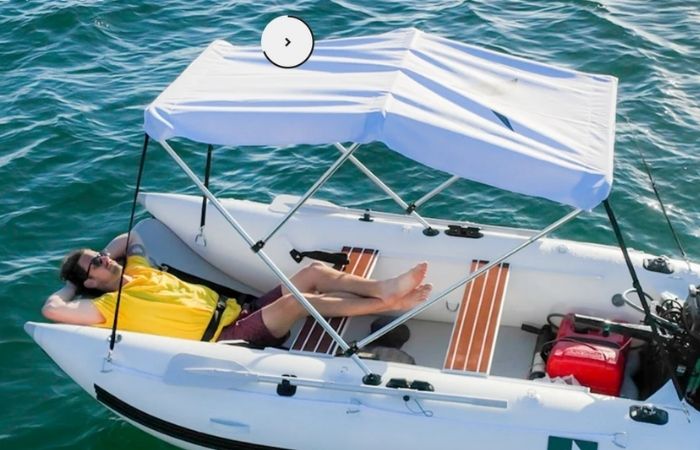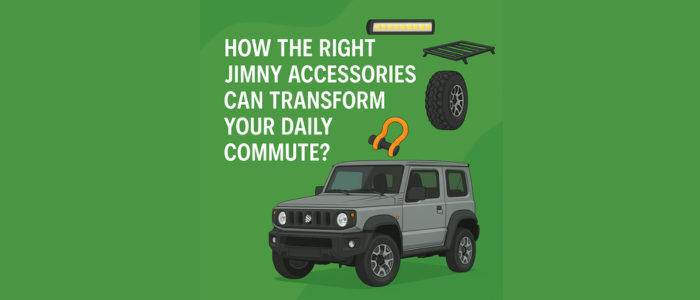Tips on How to Properly Maintain an Above-Ground Pool
Owning and maintaining an above-ground pool is conceptually the same as owning and maintaining in-ground pools. The specifics may vary here and there, but the goal is similar regardless of pool types: keep the pool clean at all times.
Basic pool maintenance is the most effective way of avoiding gigantic problems in the future. Not only would the manual labor be “gigantic, but” the cost could also punch a huge hole in your wallet (or bank account). Such complications as leaks and pool liner issues are very expensive to fix but can be avoided simply by doing basic pool care and maintenance.
Before we go deeper into the important things to remember in your above-ground pool upkeep, you must understand why you should take pool cleaning very seriously.
Why You Should Clean Your Pool
We have already mentioned how diligently maintaining your pool will save you money on more costly repairs. Below are few reasons why you should clean your pool:
- It keeps the water safe and sanitary.
- It improves how the pool looks and how it functions.
- A well-maintained pool adds considerable value to your home, especially if you’re thinking of selling it in the future.
- Regular cleaning improves the longevity of the pool and its equipment.
- A clean swimming pool is built for everybody’s enjoyment.
3 Things to Remember in Above-Ground Pool Care and Maintenance
Be Sure to Keep Your Filter and Pump Running and in Good Condition
Like a boxer with a solid 1-2 combination, a pool’s pump and filter are absolutely essential for its cleanliness. The pump creates the current or water flow so chlorine and other maintenance chemicals spread evenly on the pool. Furthermore, it carries the water to the filter so that the water is cleaned further. The filter system is the one that gets rid of all debris and particles that makes the water dirty.
In ideal situations, the pool’s pump and filter should run 24 hours a day. However, with power bills concerns and whatnot, this may not be possible. Still, you want your pump and filter to run at least 12 hours a day with occasional 18-hour operations.
The filter system and the pump need small maintenance work to ensure optimal functioning. Clean filter cartridges from time to time and replace them when it’s time to do so. You should also check the pump basket at least once a week and empty it when needed. This way, you can get rid of bigger debris stuck in the basket that could hamper and block the entire system.
Maintain a Meticulous Cleaning Schedule
When you own a swimming pool, you can’t just clean it when you feel like it. You need to maintain a strict and rigorous upkeep schedule. You might be tempted to put off the scheduled maintenance work, but hindsight is always 20-20 when repair costs mount later.
To be sure that nothing is skipped, follow a daily and weekly cleaning checklist that includes the following:
- pH level testing using test strips or a pH meter (optimal pH level is 7.4 to 7.6)
- Chlorine level testing (should not be below 2 part per million and do not exceed 4 ppm)
- Making sure that the pump and filter system is running for at least 12 hours a day
- Water level checks
- Filter pressure checks
- Clearing skimmer and pump baskets
- Alkalinity testing
- Application of algaecide, clarifier, and metal hardness when needed
- Filter cleaning, often called backwashing. An above-ground pool filter has a specific function for this.
- Cleaning the surface, vacuuming, and brushing the pool walls, steps, ladders, and surrounding areas
Skimming the surface of the pool, vacuuming, and brushing requires a substantial amount of time and effort. You could do it yourself, hire people to do it for you, or invest in automatic pool cleaners to keep your water clean.
There are many great options for above-ground pools. They basically fall into three types– suction, pressure, and robotic pool cleaners. Suction cleaners are generally the cheapest, the pressure cleaners regarded as the most effective in removing large debris, while robotic pool cleaners are self-contained machines that can tackle different types of pool dirt,
Winterize your swimming pool
Winterizing the swimming pool means you close it during the coldest months of the year, during wintertime. Since pool water is basically a chemical amalgam, there are things that you should do to protect it during these harsh cold months. Here’s what you need to do to protect your above-ground pool during winter:
- Clean the pool thoroughly before putting special winterizing chemicals. These may include a winter floater, chemicals that prevent metal stains, and a winter pool algaecide.
- Clean and remove equipment. These equipment include ladders, hoses, filters, and pumps. However, keep in mind to keep the pump and filter system running at least an hour before removal.
- Discard old cartridges. The point is to use a new one as you open the pool for spring or summer.
- Balance the pool water. Do it as you would when the pool’s still open. This is because once that pool cover is closed, there is nothing you can do to alter the water’s chemistry. That means unbalanced pool water is just going to be drained during the swimming season. By balancing the water beforehand, there is a considerable chance that the water is going to be used again barring any unforeseen circumstance.
- Consider adding pool antifreeze. Pool antifreeze, not automobile antifreeze (ethylene glycol), is needed for this one. Pool antifreeze, or non-toxic antifreeze, is safe when mixed with water and does not alter the pool’s chemistry. It protects the pipes so that they don’t crack when frozen in the winter.
- Always use a pool cover. A pool cover will prevent anything from falling into the pool such as leaves and other debris that could alter the water chemistry.
Final Thoughts
Owning and maintaining a pool, whether it’s in-ground or above-ground, involves a lot of hard work. But you can make everything simple by carefully planning and religiously following a cleaning schedule. Once the simple tasks are out of the way, it takes the heavy burden off the pump and filtration system. You’ll be rewarded with clean, safe, bacteria-free pool water and saved money because there won’t be any need to fix extensive problems.




